TMJ Therapy
Ease chronic jaw pain
Smile at Life Dentistry offers TMJ Therapy, a specialized treatment specifically for those suffering from temporomandibular joint dysfunction. This therapy encompasses a variety of techniques to diagnose and treat jaw pain and jaw-related issues. Therapists use soft tissue release to relieve tension around the jaw muscles, as well as manual therapies such as mobilization and joint manipulation to reduce pain. In addition, they may also employ relaxation exercises, postural changes and other assistive devices such as night guards or splints to improve overall comfort. The goal of TMJ Therapy is to restore the proper motion of the jaw joints, alleviate pain, reduce excessive muscle strain and improve quality of life.
Protect your bite
Are you looking for an extra layer of protection for your teeth? Occlusal guards from Smile at Life Dentistry can help! Occlusal guards are special mouthguards made to fit your individual bite. They help protect vulnerable teeth from grinding, clenching, and other types of injury. They also provide a measure of comfort by creating a cushioning effect between the upper and lower jaw.
At Smile at Life Dentistry, we can custom-fit you with an occlusal guard that's designed to fit your individual bite perfectly. Our experienced team will take precise measurements of your mouth so we can create a comfortable and protective guard that fits like a glove. We use high-quality materials that are both soft and durable.
If you're in need of extra protection for your teeth, don't hesitate to contact us about getting fitted for an occlusal guard today! The benefits of having such a guard far outweigh the cost and time associated with getting it made. With this extra layer of protection, you'll be sure to keep your smile healthy and beautiful for many years.
